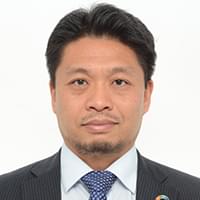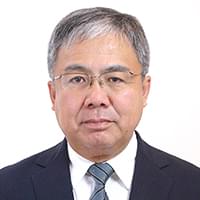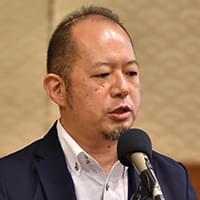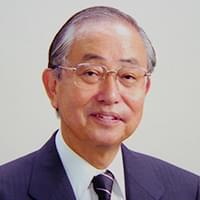In order to achieve greenhouse gas (GHG) emissions reduction targets set by national governments under the Paris Agreement, promotion of energy conservation of the industrial sector is a common concern of rapidly developing Asian countries including India and Thailand. Proper treatment of exhaust gas, wastewater and solid waste is also a common issue to protect the environment. Energy efficient (or low-carbon) and clean technologies offered by Japanese companies can be a remedy for these challenges. However, in reality, transfer of such technologies to these countries does not proceed smoothly under a usual business-to-business practice. There are several reasons for that, such as, 1) long-term benefits including operation and maintenance costs of these technologies are not well known among the end users (and thus they tend to choose cheaper options); 2) financial information, including payback period and return on investment, is not well provided based on actual case studies; and 3) environmental benefits of these technologies are not well evaluated by the end users due to low enforcement of environmental regulations. With these points in mind, panellists at this session will discuss how these constraints could be overcome by sharing lessons learned from past experiences in these countries.

Ajay Mathur
Director General of TERI – The Energy & Resources Institute, and a member of the Prime Minister’s Council on Climate Change

Ryuzo Sugimoto
Director, International Cooperation and Sustainable Infrastructure office, Global Environmental Bureau, Ministry of the Environment, Japan

Motohiro Washimi
General Manager, International Research & Communication Department, The Energy Conservation Center, Japan (ECCJ)

Gen Takahashi
General Manager, Business Development, JFE Engineering Co., Ltd.

Tsukasa Saito
IGES Fellow (former Hitachi Industrial Equipment Systems Co., Ltd.)

Yutaka Suzuki
Director, IGES Kansai Research Centre

Toshizo Maeda
Programme Director, Kansai Research Centre, IGES
.jpg)
.jpg)
.jpg)
.jpg)
.jpg)
.jpg)
.jpg)
.jpg)
.jpg)